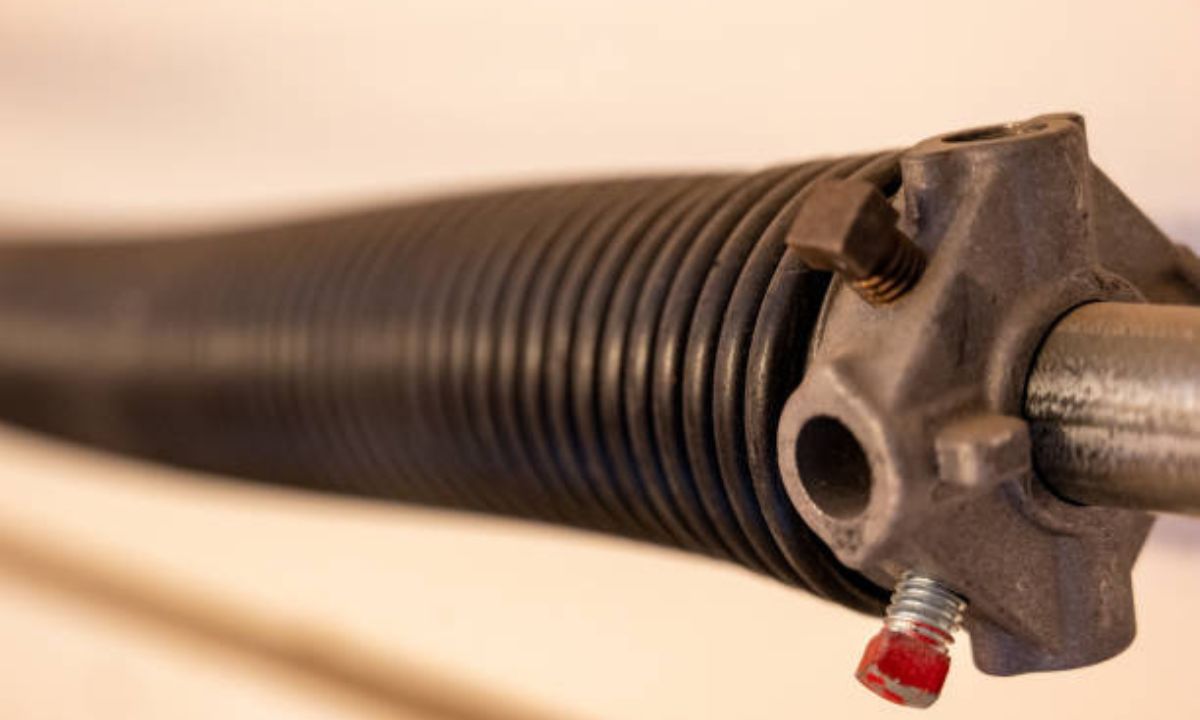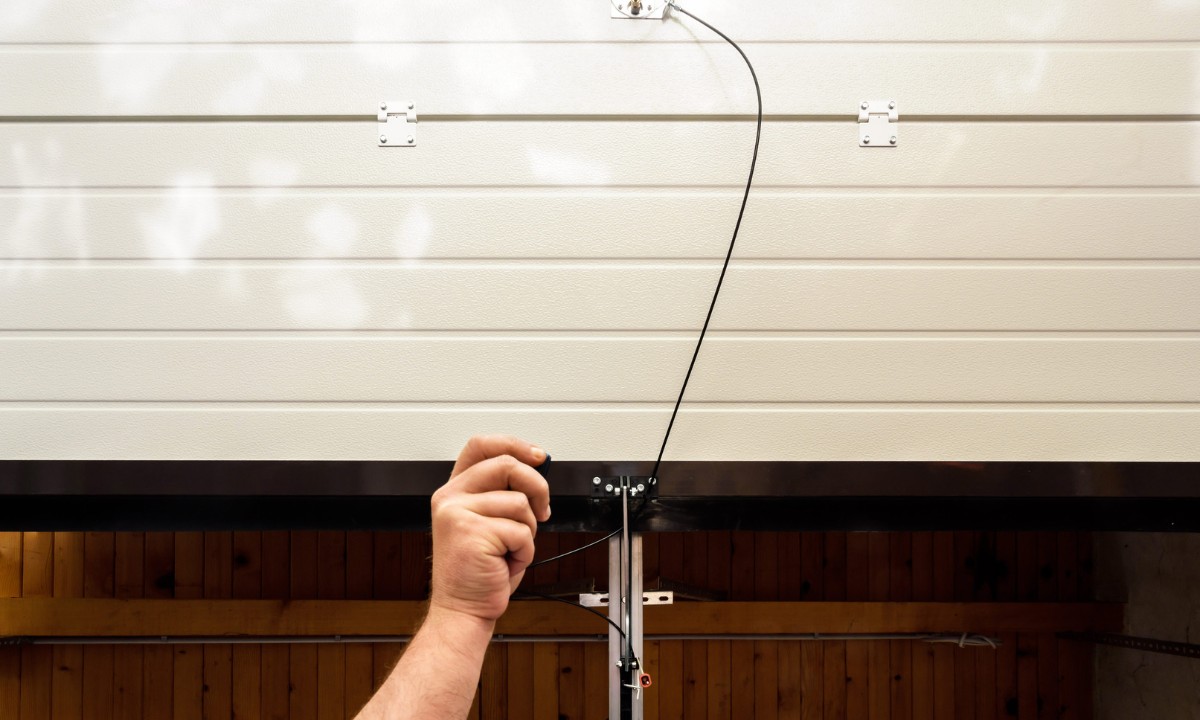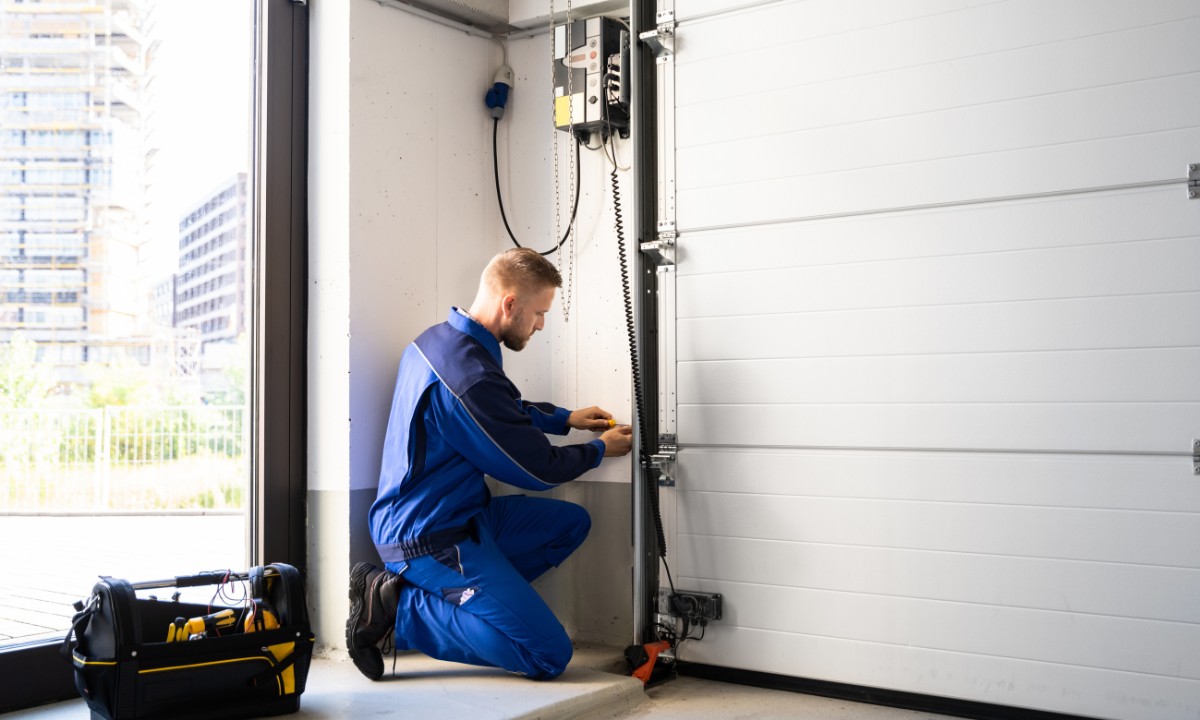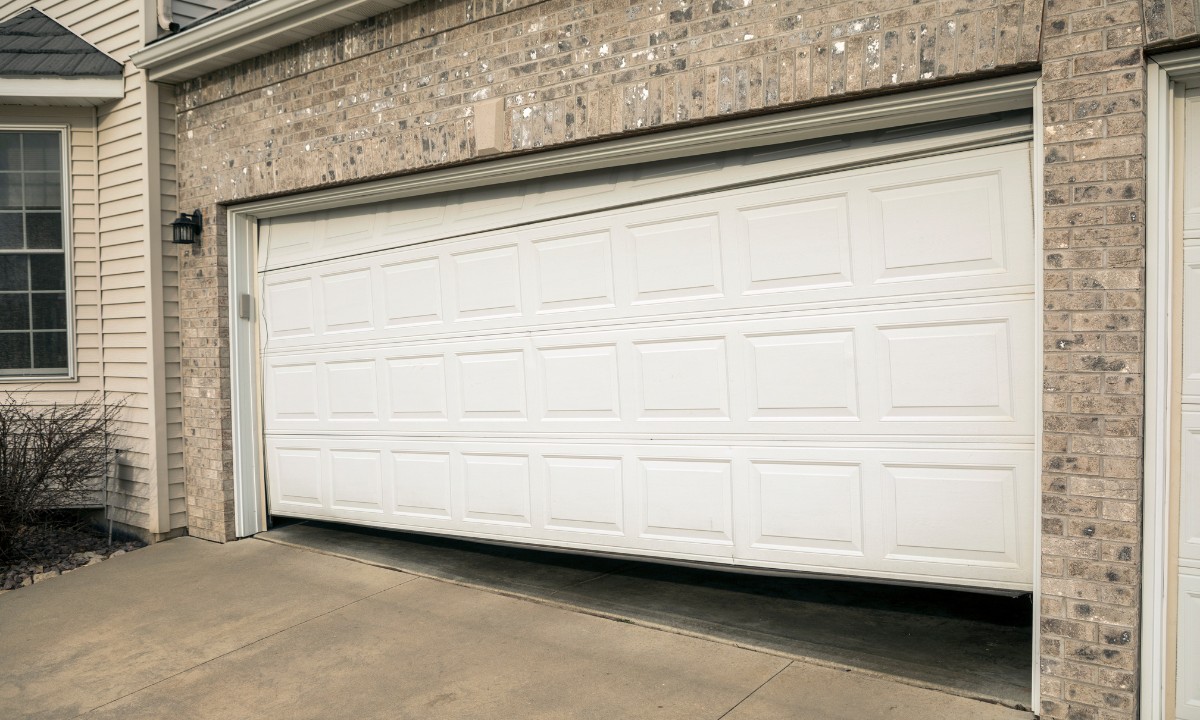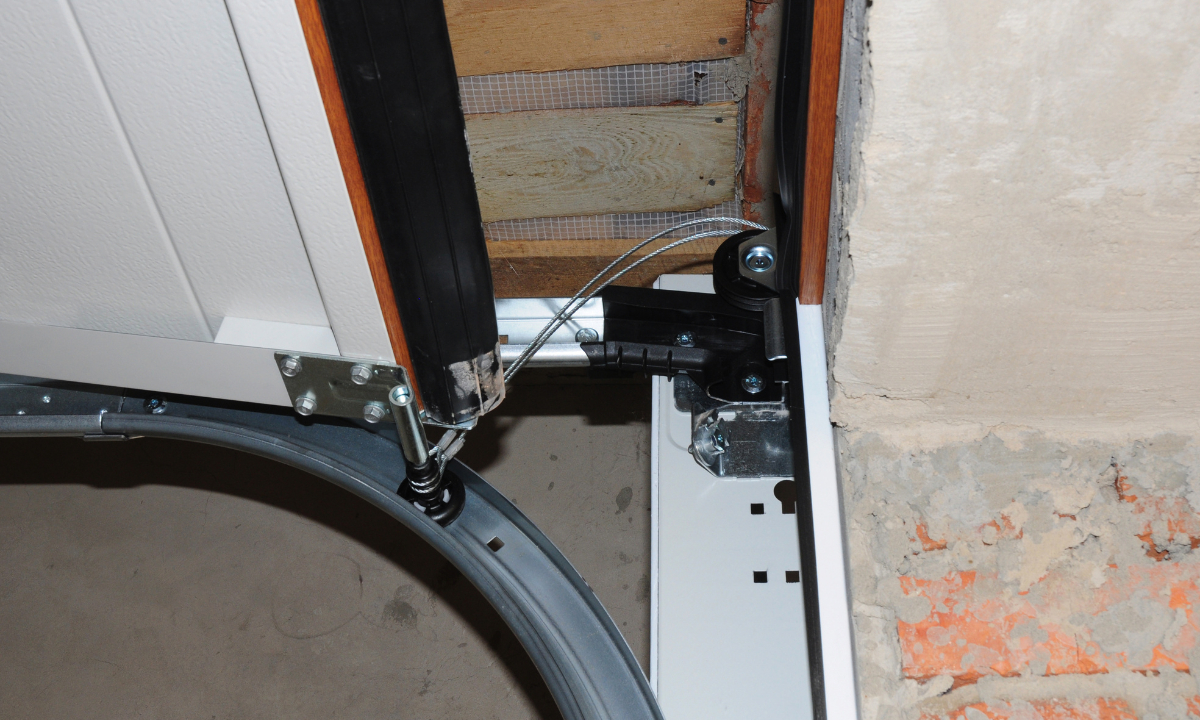Advice for Maintaining Garage Door
Springs in Wheat Ridge, Colorado
Introduction
The suburban neighborhood of Wheat
Ridge, Colorado, has a variety of weather patterns year-round due to its unique
blend of urban and rural qualities. Climate variations, which range from
scorching summers to chilly, snowy winters, can have a big impact on garage
door springs, which are essential to your garage door's operation. Homeowners
in Wheat Ridge must perform routine maintenance on their garage doors to
guarantee smooth operation and prevent unplanned malfunctions.
Regular Maintenance Is Essential in
Wheat Ridge, Colorado
Wheat Ridge experiences harsh weather;
therefore, garage door spring maintenance is essential. Wear and tear may
result from temperature variations that cause the metal in the springs to
expand and compress. Frequent maintenance helps avoid problems that can impair
the general operation of your garage door, such as damaged springs, loss of
tension, and other concerns. Homeowners can prolong the life of their springs
and prevent expensive emergency repairs by performing routine maintenance.
Contact Information
Call David Garage Door Spring Repair
at 720-637-1313 for professional garage door spring servicing in Wheat Ridge.
Different Spring Repair Types
There are two primary varieties of
garage door springs, and each requires distinct maintenance procedures.
Torsion Springs
Located horizontally above the
garage door, torsion springs are in charge of raising the door. Although these
springs are more resilient than extension springs, they nevertheless require
routine tension checks and lubrication to guarantee smooth performance. With
the right maintenance, torsion springs can last 10,000 cycles or more, but wear
indicators should still be checked on a regular basis.
Extension Springs
The garage door's extension springs,
which are found on either side, stretch when the door opens and closes. They
are more likely to strain or break than torsion springs and are less resilient.
Premature failure can be avoided by regularly lubricating the springs and
making sure they are correctly aligned and tensioned. Periodic wear and
corrosion examinations are also necessary for extension springs.
Typical Problems
Garage door springs can have a
number of typical difficulties, but homeowners can prevent these concerns by
doing routine maintenance.
Because springs are constructed of
metal, they are susceptible to rust, particularly in humid climates with lots
of rain and snow. Rust makes the springs weaker and makes breaking more likely.
Frequent use of a silicone-based lubricant helps preserve the springs' quality
and stop rust from developing.
Loss of Tension
Garage door springs may become loose
with time, making the door heavy and challenging to lift. This problem can be
avoided by routinely monitoring the balance of your garage door and changing
the tension as necessary.
Spring Breakage
If springs are not properly
maintained, they may suddenly break. Frequent examinations assist in detecting
deterioration prior to a spring breaking, enabling replacement prior to
additional harm to the garage door mechanism.
Replacing Springs
Although regular maintenance is
essential to extend the life of your springs, there comes a time when they must
be replaced. It's critical to recognize when replacement is the better course
of action when upkeep is no longer sufficient.
Maintenance vs. Replacement
It's time to think about replacing
your springs if they exhibit excessive wear, rust, or loss of tension that
cannot be addressed by maintenance. Springs that have been in use for thousands
of cycles or more than seven to ten years are probably nearing the end of their
useful life and should be replaced to avoid a catastrophic failure. Your garage
door's overall performance can be enhanced by swapping out aging springs for
premium, weather-resistant alternatives.

